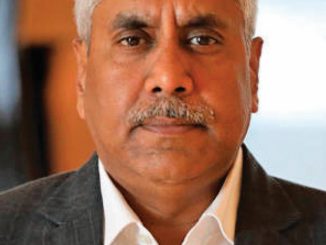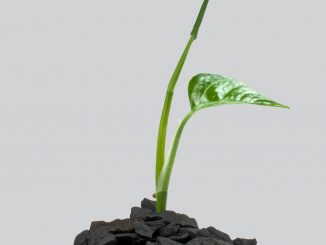By Manish Dabkara, Chairman and MD, and Pankaj Pandey, COO, EKI Energy Services Limited
In developing nations, a large portion of household energy consumption is for cooking purposes. In rural areas, non-commercial fuels like firewood, agricultural waste, or animal dung are used to meet the majority of the energy needs for cooking.
Clean cooking solution: A critical need
While the cutting of firewood leads to deforestation that results in desertification, it has numerous other problematic outlooks, which should not reflect on humanity’s resume, especially in the 21st century. There is a critical need for the development of alternative, appropriate, affordable methods of cooking for use in developing countries.
About 2.4 billion people, or almost one-third of the world’s population, still lack access to clean cooking. The use of ineffective, harmful biomass fuels poses a health risk and is a significant cause of occupational lung diseases, including deaths, especially in low- and middle-income countries among women and children.
Energy Efficiency Services Limited (EESL), a joint venture of public sector undertakings under the Ministry of Power, has floated an expression of interest (EoI) for market-based interventions for the adoption of large-scale solar power-based induction cooking solutions by leveraging carbon financing. The project’s overarching goal, according to the EoI, is to make such solutions and basic induction-based cookware available to all recipients “practically at no cost”.
Enhancing the adoption of efficient and effective cooking solutions
The weather conditions in India are well fit for all solar energy applications. Solar induction cookers seem to be a good option for switching from firewood-based cooking in the country. The usage of solar induction cookers will not only help in the conservation of rapidly depleting forests and reduction of carbon dioxide (CO2) emissions but also contribute towards improved health of citizens.
Clean cooking alternatives must be used to replace these inefficient cookstoves in order to lower harmful emissions, empower countless women, save lives, and ensure a sustainable future.
It also responds to the recent clarion call by the Intergovernmental Panel on Climate Change (IPCC) report for governments across the world, especially in developing nations, to take more steps towards a global quantum leap in climate action.
In such a situation, given all the upsides, we welcome the initiative and are looking forward to the limitless possibilities to be exploited for carbon finance while taking up the noble cause.
Solar-based induction cooking solutions (SICSs) are not only environmentally safer but also potentially provide numerous social and economic benefits, such as a significant decrease in firewood consumption, good health and well-being, savings in time spent in cooking and money spent on fuel, improvement of indoor air quality, and many more.
The market introduction of better cookstoves requires substantial funding over a considerable period of time. It might be challenging for projects to raise adequate money for their activities. In this case, carbon finance has opened the doors for parties involved in the development of sustainable energy projects.
It is important to note that clean cooking also aligns with the sustainable development goals (SDGs) of the UN. In fact, it has a designated indicator under SDG7 – “access to affordable, dependable, sustainable and modern energy for all”.
Additionally, Goal 3, which aims to ensure healthy lives and promote well-being for all people of all ages, specifically mentions controlling the health effects of household air pollution. More broadly, it directly contributes to achieving 10 out of the 17 SDGs.
Carbon finance for large-scale distribution of SICSs
Replacing traditional cookstoves with SICS solutions also permits the collection of carbon credits since each cookstove helps decrease carbon emissions while also lowering the consumption of non-renewable firewood and minimising deforestation.
This carbon finance can be used to scale the distribution and usage of SICSs, empowering the clean cooking initiative. The government, through its recent move, intends to initiate large-scale market-based interventions for clean cooking solutions by leveraging carbon finance for a financially and environmentally sustainable model.
Because solar-powered cooking equipment can reduce the use of unsustainable biomass, which, in turn, lowers greenhouse gas emissions, carbon credits could be used as a way to recover investment costs.



